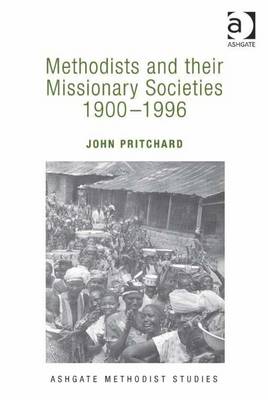Routledge Methodist Studies
2 total works
The twentieth century saw the spectacular growth of Christianity in much of the global south, the transformation of mission fields into self-governing Churches, schemes of church union (some successful, others abortive), evolving attitudes to other faiths and significant Christian engagement with issues of racial justice and world poverty. This book examines the contribution of the Methodist Missionary Society (and its predecessors before 1932) to these world-changing movements, from the remarkable mass conversions in south-west China and west Africa early in the century to the controversy over grants to liberation movements in the 1970s and 1980s.
Pritchard traces the MMS contribution to education, health care, rural development and social welfare and describes the administration of the Societies and the selection and preparation of candidates for missionary service. This is a ground-breaking study of Methodist Overseas Mission in the twentieth century, how it adjusted to changing circumstances - including the forced withdrawals from China and Burma - and developed new initiatives and partnerships, including its World Church in Britain programme which brought missionaries from the younger Churches to serve in Britain and Ireland.

